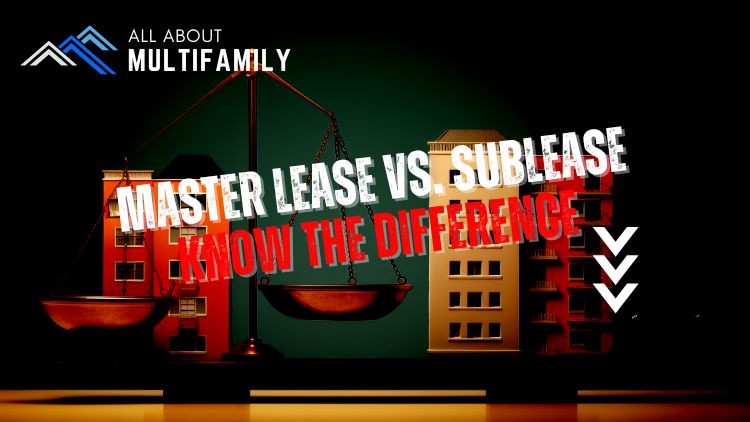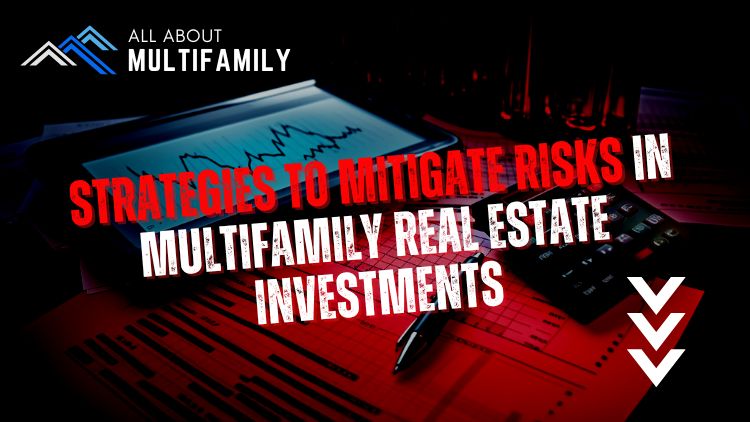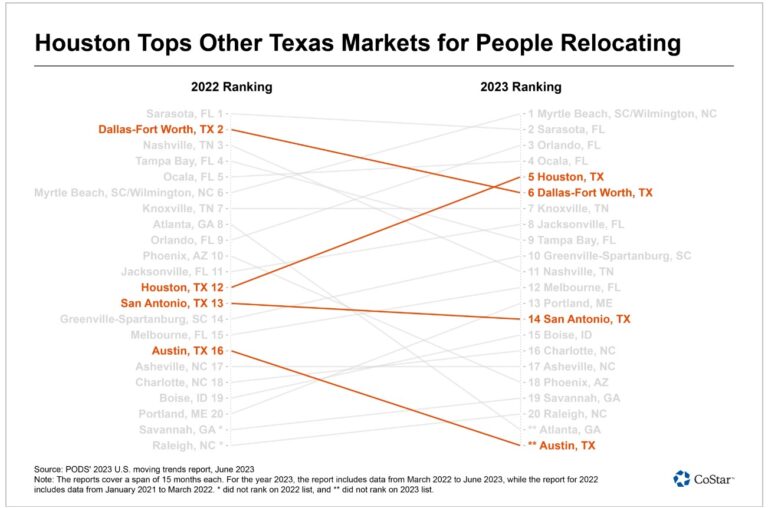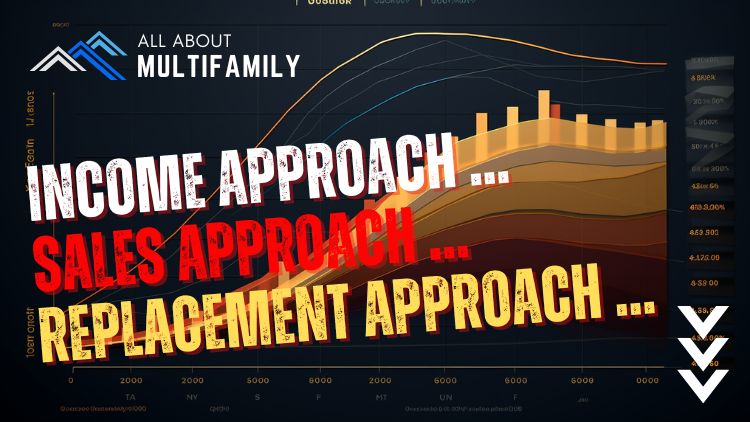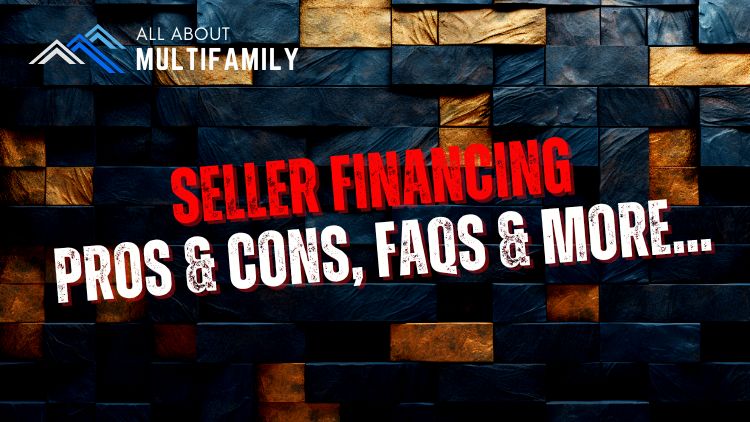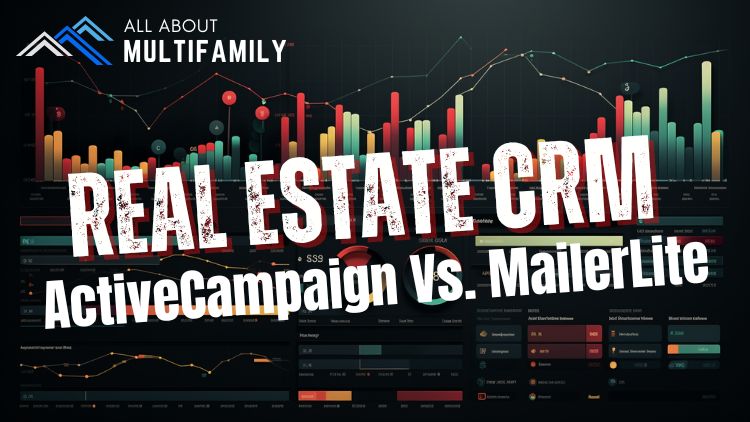Real estate investing offers a myriad of opportunities for wealth creation and financial independence. From single family properties to wholesaling and multifamily investments, there are various strategies that aspiring investors can explore. Each approach has its own unique characteristics and considerations, making it crucial to understand the key differences.
In this article, we will delve into the world of real estate investment and compare three popular strategies: single family investing, wholesaling, and multifamily investing.
Let’s explore the differences between these real estate investment strategies in more detail:
| Factors | Single Family Investing | Wholesaling | Multifamily Investing |
|---|---|---|---|
| Investment Capital | Requires substantial upfront investment for property acquisition | Requires minimal capital as wholesaler acts as intermediary for deals | Requires significant capital for acquisition and maintenance |
| Cash Flow | Potential for positive cash flow from rental income | No cash flow from properties as the focus is on assigning contracts | Potential for higher cash flow due to multiple rental units |
| Appreciation Potential | Appreciation potential can vary depending on the market and location | No direct appreciation as properties are quickly assigned to buyers | Potential for appreciation, especially in growing and desirable areas |
| Active/Passive Management | Requires active management for property maintenance and tenant concerns | Minimal ongoing management as wholesaler’s role is mainly transactional | Requires active management for property maintenance and tenant concerns |
| Scalability | Limited scalability due to individual property acquisitions | Highly scalable as wholesaler can handle multiple transactions | Offers scalability through the acquisition of multiple rental units |
| Risk Exposure | Risk exposure is limited to a single property | Lower risk exposure as wholesaler does not hold properties long-term | Risk exposure is spread across multiple units and tenants |
| Exit Strategy | Can be sold individually or as a portfolio | No long-term ownership as properties are quickly assigned to buyers | Can be sold individually or as a portfolio |
Single Family Investing
Single family investing involves purchasing individual residential properties for long-term rental purposes. Investors acquire properties and generate income through rental payments. This strategy requires substantial upfront investment, as each property must be purchased individually. Cash flow can be achieved through rental income, but the appreciation potential may vary based on market conditions and property location. Single family investing requires active management for property maintenance and addressing tenant concerns.
Wholesaling
Wholesaling is a real estate investment strategy where the investor acts as an intermediary, connecting sellers with buyers. Wholesalers identify distressed properties, negotiate a purchase contract with the seller, and then assign the contract to a buyer for a fee. Wholesaling requires minimal capital, as the focus is on finding and assigning contracts rather than property ownership. There is no direct cash flow or appreciation potential in wholesaling, as the properties are quickly assigned to buyers. The risk exposure is relatively low compared to other strategies, but ongoing management is minimal as the wholesaler’s role is mainly transactional.
Multifamily Investing
Multifamily investing involves the acquisition of properties with multiple rental units, such as apartment complexes or condominiums. This strategy requires significant capital for property acquisition and ongoing maintenance. Multifamily properties offer the potential for higher cash flow due to the rental income generated from multiple units. Appreciation potential can also be significant, especially in growing and desirable areas. Active management is required for property maintenance, addressing tenant concerns, and managing multiple units. Multifamily investing allows for scalability through the acquisition of additional rental units and offers the option to sell properties individually or as a portfolio.
When considering real estate investment strategies, it’s important to evaluate your financial resources, risk tolerance, and long-term goals. Each approach has its own advantages and considerations, so thorough research and analysis are crucial to making informed investment decisions.


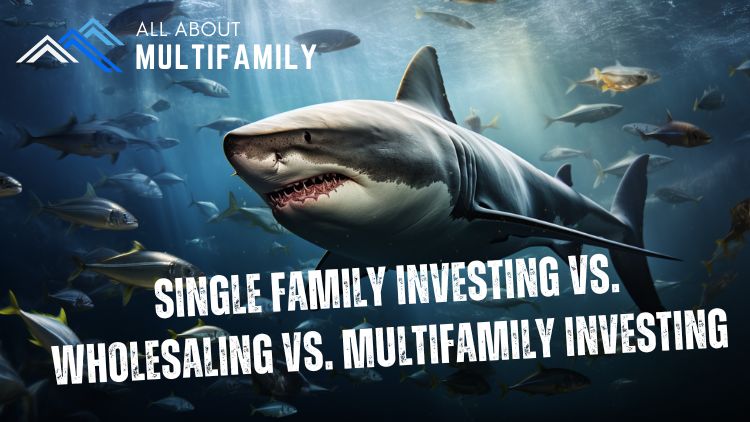























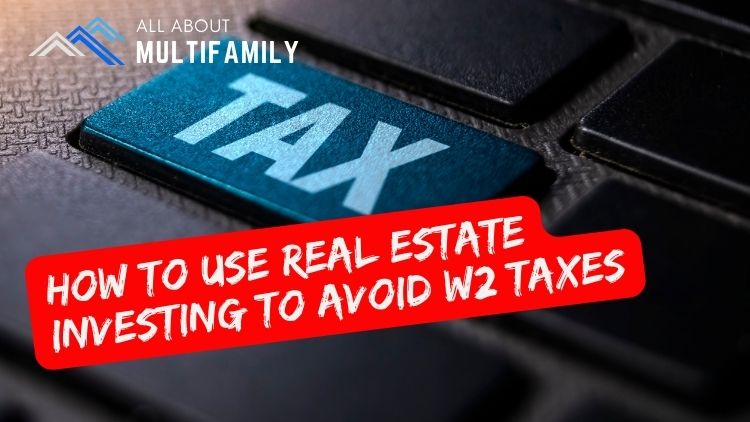









![An In-Depth Look at Jake and Gino's Coaching Program [A Review]](https://allaboutmultifamilyinvesting.com/wp-content/uploads/2023/10/AAM-BMP-Blog-Covers-750-×-422px-6.jpg)


![Email Marketing Tips for Multifamily Real Estate Syndicators to Raise Capital [Templates included]](https://allaboutmultifamilyinvesting.com/wp-content/uploads/2023/09/AAM-BMP-Blog-Covers-750-×-422px-4.jpg)
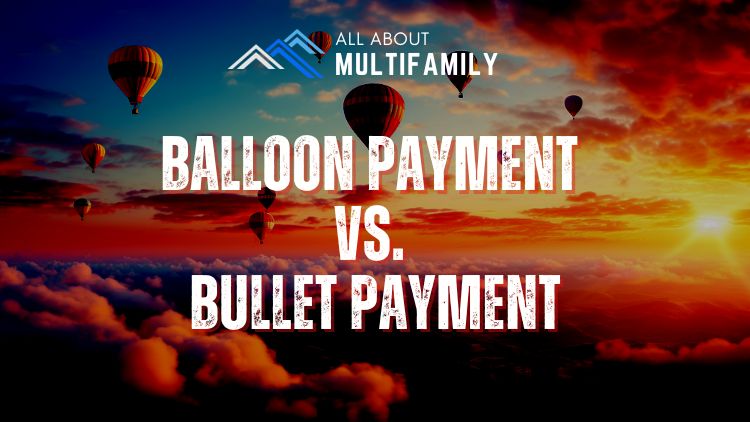
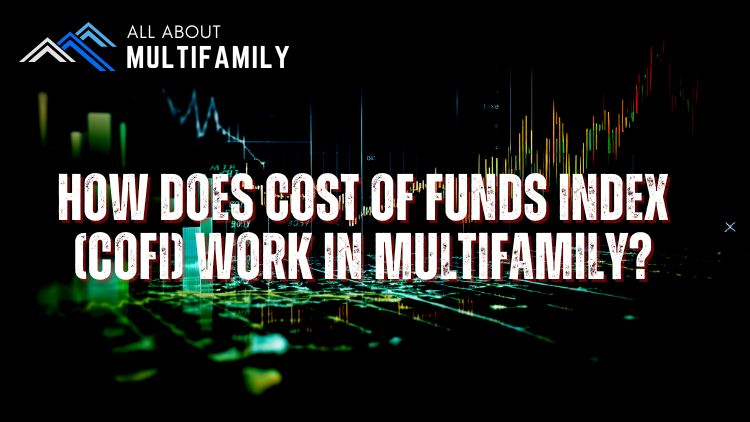
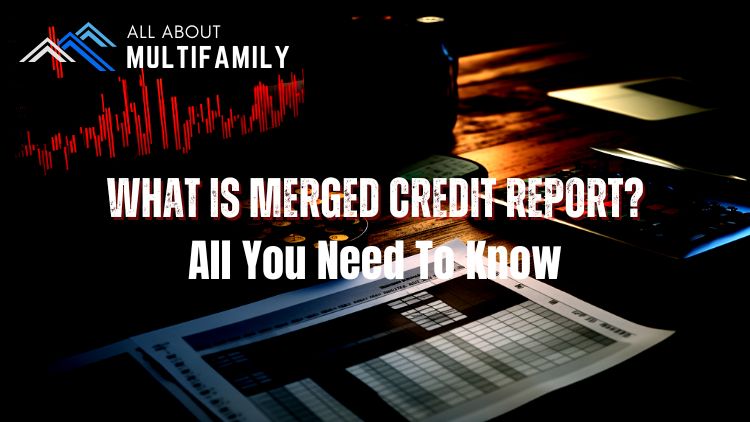
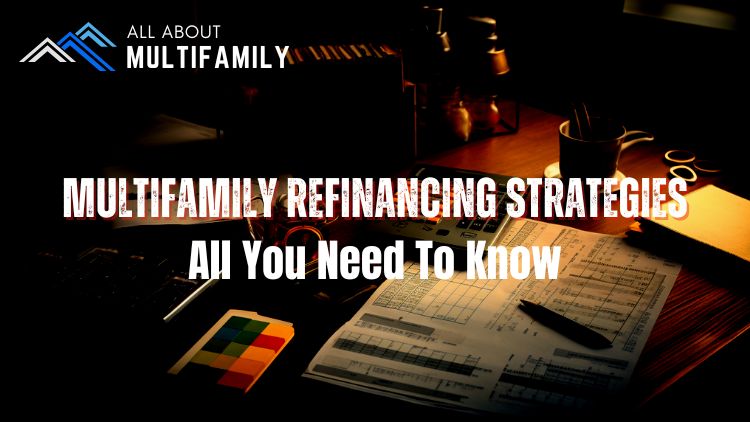

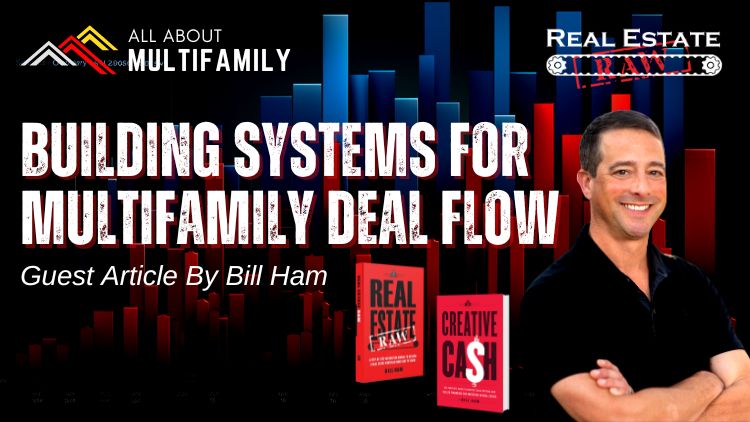
![The Richest Kids In America [Book Review]](https://allaboutmultifamilyinvesting.com/wp-content/uploads/2023/09/AAM-BMP-Blog-Covers-750-×-422px-84.jpg)


